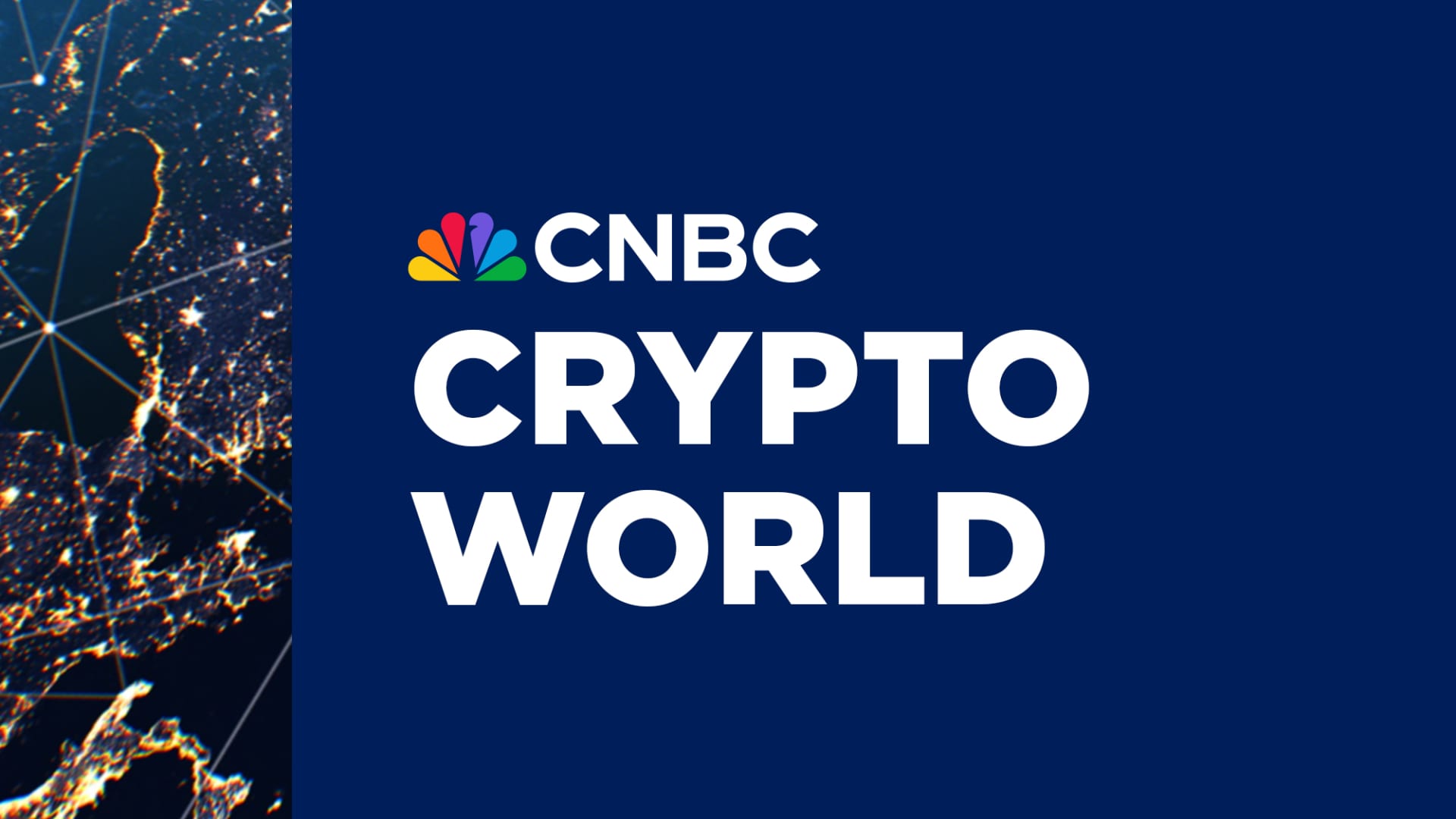The Ecological Impact of copyright Mining and What Can Be Done
The Ecological Impact of copyright Mining and What Can Be Done
Blog Article
Checking out the Future of Digital Currency and Its Influence on Worldwide Finance
As global money comes to grips with the blossoming phenomenon of electronic money, profound implications are anticipated. Reserve banks' expedition of their very own digital currencies hints at a future of decentralized finance, guaranteeing both efficiency and incorporation. Such a paradigm change is not without its challenges, including governing complexities, cybersecurity dangers, and the fundamental issue of public count on. The succeeding discourse will certainly probe deeper right into this transformative advancement.
Unwinding the Principle of Digital Currencies
Although electronic currencies have come to be a keystone in the monetary world, understanding their core principle could still present a difficulty to many. Digital money, additionally understood as cryptocurrencies, are a form of cash that exists exclusively in the digital realm.
Despite their abstract nature, electronic currencies have real-world worth and can be used for numerous transactions, consisting of online shopping, financial investments, and compensations. Comprehending these fundamentals is key to realizing the effect of digital money on international money.
Digital Currencies and Their Prospective Influence on Global Banking
With the standard understanding of digital currencies, it is now feasible to explore their potential influence on global banking systems. copyright mining. As these money are decentralized, they can potentially interrupt traditional banking by removing the need for monetary middlemans, hence decreasing deal prices and increasing effectiveness. This could lead to a democratization of banking, offering accessibility to economic services for unbanked populations worldwide
Nevertheless, digital money likewise present challenges for global banking. The volatility of digital currencies can present significant threats to monetary stability.
The influence of digital currencies on worldwide financial will certainly rely on just how these obstacles are attended to - copyright mining. With the ideal regulative structure, digital currencies might improve worldwide banking, making it extra efficient and comprehensive. Without ample actions, they can additionally posture significant risks.
How Digital Currencies Are Changing International Profession

How are digital money transforming global trade, one might ask? Digital money are boosting cross-border deals by eliminating the need for intermediaries such as financial institutions, therefore lowering deal expenses and promoting smoother, quicker purchases. They allow businesses to bypass typical financial systems, decreasing the time it requires to implement global transfers from days to mere weblink minutes. Electronic money can provide better transparency and traceability in deals, minimizing the danger of scams and boosting protection. They can minimize money exchange risks, as they are not linked to any certain country's economy. It is crucial to note that while electronic currencies use substantial potential to improve cross-border purchases, they also present brand-new difficulties and dangers that need to be addressed.
Typically, trade financing is controlled by centralized banks and financial institutions. Digital money present decentralization, which permits for peer-to-peer purchases. While the usage of digital currencies in profession money is still in its inceptive stages, the prospective impact is considerable, promising a much more effective and comprehensive international profession system.

The Influence of Digital Currencies on Monetary Policies
As the appeal of electronic money continues to rise, their impact on monetary plans worldwide becomes increasingly considerable. copyright mining. Reserve banks, generally liable for the control of money supply, discover themselves in brand-new area, grappling with the blossoming copyright-economy. Digital money, with their decentralized nature, avoid the traditional banking system, posing prospective risks to monetary stability
Furthermore, digital currencies can threaten the performance of financial policy tools. As an example, rate of interest, a main tool for reserve banks, might lose their potency as digital money are not subject to central financial institution prices. Moreover, digital money might potentially bring about a disintermediation of the financial system, challenging the banks' function as monetary intermediaries.
However, electronic money additionally supply possibilities. Reserve banks might release their very own electronic money, allowing for raised control over the money supply. Finally, as electronic currencies progress, they will invariably form and redefine global monetary plans.
Redefining Money: The Revolutionary Role of Digital Currencies
The cutting edge function of electronic currencies can not be forgotten in the redefinition of worldwide currency systems. They have actually militarized a significant change from standard financial standards, presenting a new period of decentralized financing. This is characterized by better effectiveness, transparency, and inclusivity, challenging the hegemony of standard banking establishments.
Digital currencies such as Bitcoin, Ethereum, and Surge, among others, are not just reshaping our understanding of cash but additionally the entire economic landscape. Their intrinsic attributes, such as cryptography, decentralization, and the ability to run beyond state boundaries, are redefining the fundamental principles of economic transactions. This digital revolution in currency is boosting the democratization of monetary systems, encouraging individuals worldwide with monetary autonomy and liberty.
The disruptive impact of digital money on international finance is profound. As this revolution unfolds, the globe watches breathless, preparing for the future of a digitized, decentralized financial globe.
# Verdict
The future of digital money offers a transformative potential for worldwide money, promising effectiveness and inclusivity. The path to its widespread adoption is laden with governing, cybersecurity, and trust problems. As main financial institutions contemplate electronic currency issuance, the balance between embracing technical innovation and managing connected dangers will certainly form the international financial landscape. With careful navigation, digital money might change the means we understand and use money.
Exploring the Future of Digital Money and Its Effect on Global Finance
Digital currencies, also known as cryptocurrencies, are a form of money that exists exclusively in the electronic realm. While the usage of electronic currencies in profession finance is still in its incipient stages, the prospective influence is considerable, guaranteeing a more efficient and inclusive worldwide profession system.
The revolutionary function of electronic money can not be neglected in the redefinition of worldwide currency systems.The future of digital money presents a transformative possibility for global financing, promising effectiveness and inclusivity.
Report this page